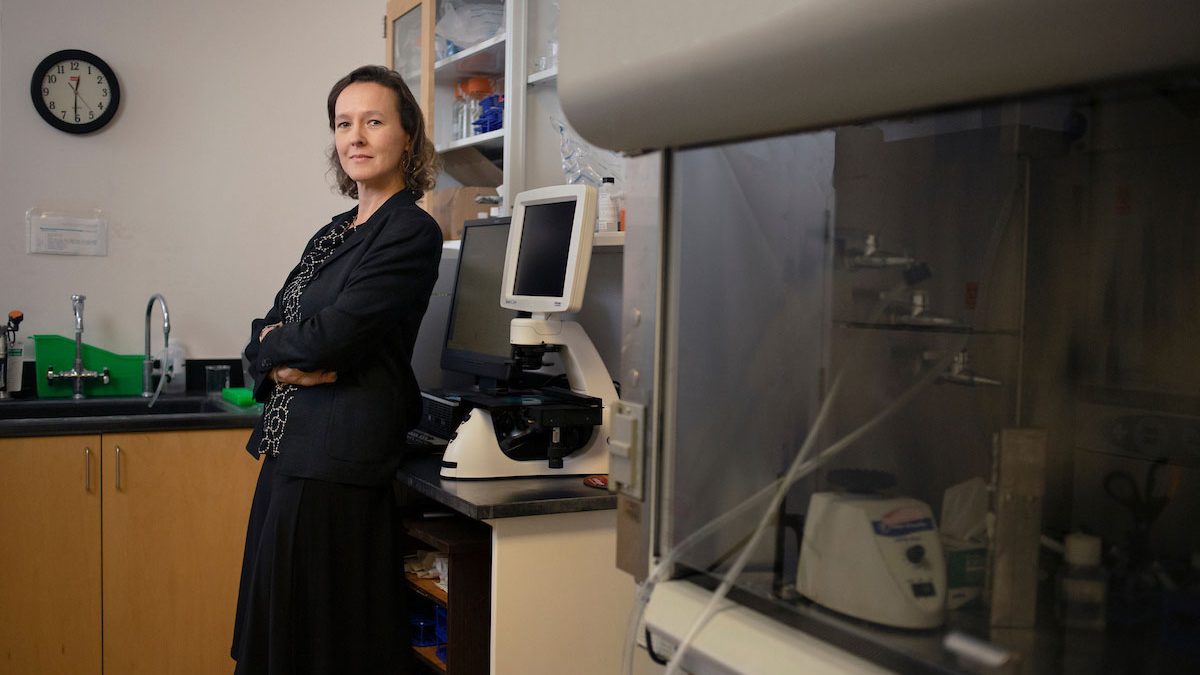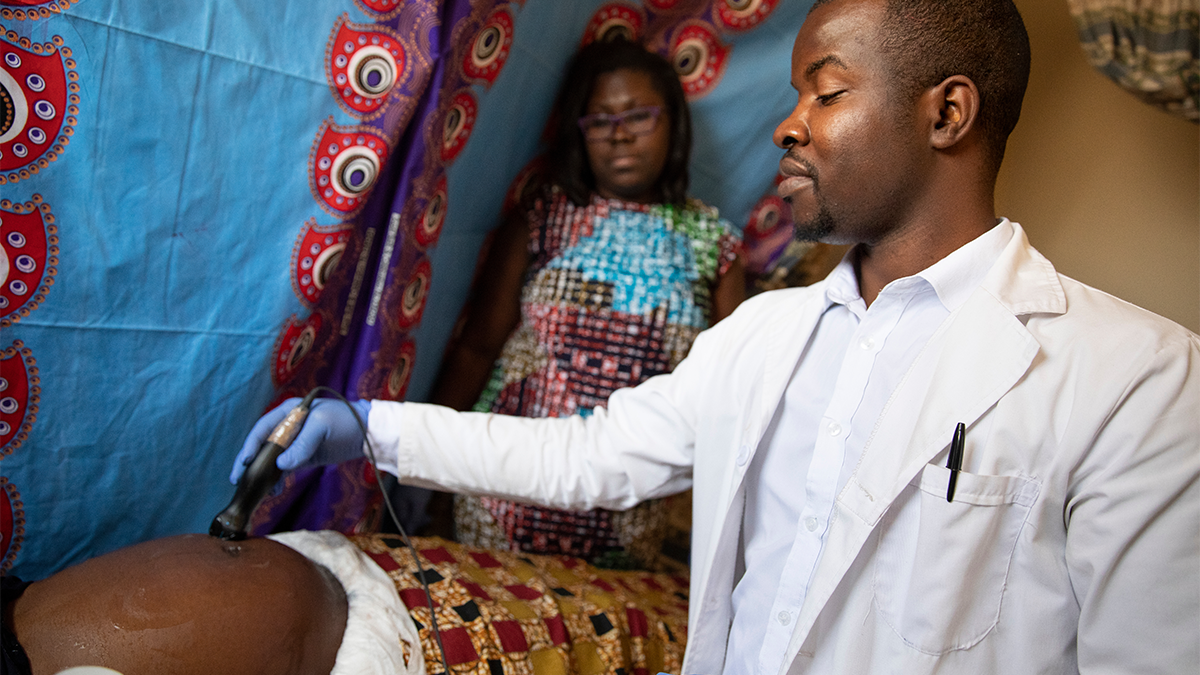Addressing Food Insecurity
Published on June 28, 2022Gillings graduate students address food insecurity

Gillings graduate students address food insecurity
The North Carolina Albert Schweitzer Fellowship announced the selection of its 2022-23 class of Schweitzer Fellows, including two students from the UNC-Chapel Hill Gillings School of Global Public Health: Carrie Alspaugh, MD, and Jeannie Salisbury.
They are among 28 graduate students in North Carolina who will spend the next year learning to effectively address the social factors that impact health — while developing lifelong leadership skills.
Alspaugh and Salisbury — both Master of Public Health students in the Public Health Leadership Program at the Gillings School — received Schweitzer Fellowships for a rural public health project that addresses food insecurity. They started work in early May; the project will run through April 2023 with Rachel Wilfert, MD, MPH, CPH — director of workforce training and education for the North Carolina Institute for Public Health and adjunct assistant professor in the Gillings School’s Public Health Leadership Program — acting as faculty mentor.
“We’re assisting Assertive Community Treatment (ACT) teams in delivering healthy nutritious meals to those experiencing mental illness and homelessness in Wake County,” Alspaugh said. “Our goal is to enhance trust and connection between the teams and their patients. I am excited to serve and learn with this community and to see firsthand what we have been learning about in the classroom. Rachel has been so supportive, insightful and encouraging.”
“We are so fortunate to have Thava Mahadevan as our site mentor,” Salisbury added. “He began the ‘Heat and Eat’ program for those experiencing food insecurity and mental illness during the COVID pandemic. We are looking forward to expanding that program and serving more people.”





